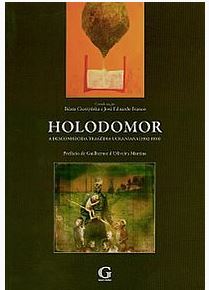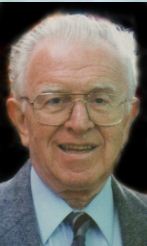Richard C.M. Mole (ed.).
Soviet and Post-Soviet Sexualities (Routledge, 2019)
Despite Soviet Russia having been one of the first major powers to decriminalise homosexual acts between men, attitudes towards lesbian, gay, bisexual and transgender (LGBT) people in contemporary Russia and the other post-Soviet states have become increasingly hostile, with the introduction of laws restricting their rights and an increase in homophobic violence. This book explores how this situation has come about. It discusses how meanings attached to non-heteronormative sexualities have been constructed for specific socio-political purposes by elites in line with Marxist-Leninist or nationalist thought, explores how attitudes to non-normative sexualities developed historically and examines the current situation in the post-Soviet space, including Russia, Transcaucasia, Central Asia and the Baltic States. The book provides a wealth of detail on this understudied subject and assesses how LGBT subjects are responding to this state of affairs.
Table of Contents
1. Constructing Soviet and Post-Soviet Sexualities – Richard C.M. Mole
2. ‘Why Are We the People We Are?’ Early Soviet Homosexuals from the First-Person Perspective: New Sources on the History of Homosexual Identities in Russia – Ira Roldugina
3. Between the Labour Camp and the Clinic: Tema or the Shared Forms of Late Soviet Homosexual Subjectivities – Arthur Clech
4. Soviet Legal and Criminological Debates on the Decriminalisation of Homosexuality (1965–1975) – Rustam Alexander
5. A Cold War for the Twenty-First Century: Homosexualism vs. Heterosexualism – Laurie Essig and Alexander Kondakov
6. ‘That’s Not the Only Reason We Love Him’: Chaikovsky Reception in Post-Soviet Russia – Philip Ross Bullock
7. Identity, Belonging and Solidarity among Russian-speaking Queer Migrants in Berlin – Richard C.M. Mole
8. ‘National Anxiety’ and Homosexuality in post-Soviet Armenia: National Identity through Trauma and the Memory of Genocide and War – Sevan Beukian
9. Narratives of Exclusion: Observations on a Youth-led LGBT Rights Group in Kyrgyzstan – Joanna Pares Hoare
10. Negotiating Non-Heteronormative Identities in Post-Soviet Belarus and Lithuania – Galina Miazhevich













